Contents
Guide
The Love Bomb
AND OTHER MUSICAL PIECES
James Fenton
 Farrar, Straus and GirouxNew York
Farrar, Straus and GirouxNew York The author and publisher have provided this e-book to you for your personal use only. You may not make this e-book publicly available in any way.
Copyright infringement is against the law. If you believe the copy of this e-book you are reading infringes on the authors copyright, please notify the publisher at: http://us.macmillanusa.com/piracy. To Craig Raine
It never seems to happen that a poet sits down and writes a libretto without first being commissioned. Perhaps we should make this happen.
Perhaps we, the poets, should begin by asking ourselves: what sort of opera, what sort of musical drama, should we like to see? Then we should go ahead and perform our half of the task, leaving it up to whatever composer came along to set our work to music, or not, as may be. Or not it is that negative possibility, hanging in the air, that gives us pause. Suppose I did all this, and then nothing happened? We look at our colleagues, the composers, and they too seem in need of reassurance. Suppose they took a year, two years, ten years to compose an opera, and then nothing happened to all their work, not to mention all our work for them? How should they, how should we feel about that? Better then not to set pen to paper without a decent commission. This is the common state of affairs, but there is no pressing artistic reason for it to be so. Indeed when we look at the history of opera we find that there have been times when the work of the librettist has enjoyed an existence quite independent of the individual composer.
This happened inadvertently in the cases of Bchner and Maeterlinck, who wrote in the nineteenth century the texts for two of the greatest operas of the twentieth: Wozzeck and Pellas et Mlisande. But it also happened by design in the case of Metastasio, who, in the eighteenth century, wrote libretti which were immediately considered works of art in themselves, and which many more than one composer set to music. Today, while it is not surprising to find that an individual poem has been set to music by more than one composer, we tend to think of a libretto as a unique drama to be set in a unique fashion. Obviously Shakespeares dramas might attract more than one composer, but the fact that there is more than one Turandot and more than one Barber of Seville may strike us as curious and somehow against nature. The fact that Metastasios LOlympiade was set by, among others, Vivaldi, Pergolesi, J. C. Bach, Arne, Cimarosa and Paisiello seems utterly outlandish.
Could adequate singing texts have been in such short supply? The answer may be that they were not. What was different was the attitude of the time. Today there is nothing to stop a composer writing another Wozzeck nothing except the attitude that says: this thing, done once, should never be repeated. In the same way, there is nothing to prevent the librettist from initiating his own opera nothing except the custom and the attitudes of our time, our patterns of commission and patronage. All the works here, the two libretti and the text for an oratorio, were the result of three quite different commissions, and yet when I look at the upshot I see that all three pieces share an overt theme, in a way that was never planned. That theme is fanaticism.
In the oratorio, the Jews who refuse to bow to a Roman yoke are seen from the point of view of their historian, Josephus, who made his own compromises in his life, and was keen to justify them. I chose the subject because the commission was for a small oratorio to mark the millennium. Most millennium commissions were designed to celebrate twenty centuries of achievement. But I took the view that the millennium might be considered as a scaring date, an ominous marker, and I suggested as much to Dominic Muldowney. We were writing for choirs in Leeds and Southampton, for the kind of great chorus that was formed to sing Handel and the grand oratorios of the nineteenth and twentieth centuries. Haroun and the Sea of Stories, the childrens novel, is the book with which Salman Rushdie, after the fatwa against him by the Ayatollah Khomeini, asserted his right to continue as a free spirit. Haroun and the Sea of Stories, the childrens novel, is the book with which Salman Rushdie, after the fatwa against him by the Ayatollah Khomeini, asserted his right to continue as a free spirit.
The story is dedicated to Salmans son Zafar, whose name is incorporated as an acrostic in the dedicatory verse, a verse which I have taken care to preserve in my libretto it provides the opening and concluding thoughts of the opera. Zembla, Zenda, Xanadu, All our dream-worlds may come true. Fairy lands are fearsome too. As I wander far from view Read and bring me home to you. Salman the writer was taking the opportunity, in the face of the personal catastrophe that had befallen him, to explain to his son why the mullahs might be against him, and why it was worth standing up to them. At issue was the freedom of the imagination.
When the composer Charles Wuorinen proposed the story as the subject of an opera for adults, and I was approached to versify it, it seemed natural to treat the commission as if it were for a musical. I consulted with the composer, and turned in a text which was to all intents and purposes a musical with numbers even though I knew that the music that would eventually be set to these words would be quite different from anything one encounters on the commercial stage. The point was to find a useful dramatic idiom. This piece was commissioned with help from a number of foundations, for performance at the New York City Opera. The Love Bomb differs from the other two commissions in that it is an original story and not an adaptation of anyone elses text. Unless, that is, you take it as a version of one of the oldest and most frequently set opera stories, the story of Orpheus and Eurydice.
A composer came to me with an idea for an opera about a modern cult. A woman goes into a cult and a man tries to get her out, and somebody towards the end of the story gets killed: that was the outline, as put to me. At some stage I mentioned to the composer that it sounded like a version of the tale of Orpheus, in which Eurydice doesnt want to leave the underworld (as, although I hadnt thought of this, she doesnt want to leave in the Offenbach version). I devised a scenario, after which the composer mentioned that he would like the story to have a strong overt homoerotic theme it was time, he felt, that opera grew up and treated such matters. Happy to comply, I dropped two characters, gave new prominence to a third, and abandoned the Orpheus analogy only later to realize that (in certain versions of the myth) Orpheus does indeed turn, after losing Eurydice, to homosexual love. (But there are quite enough Orpheus operas already.) In the meantime I had been thinking about, and reading about, the world of the Christian cults. (But there are quite enough Orpheus operas already.) In the meantime I had been thinking about, and reading about, the world of the Christian cults.
Among the terms that cropped up in the books I found were flirty fishing and love-bombing. Flirty fishing is a technique for attracting converts to the cult by holding out an offer of sexual favours. Love-bombing is designed to force adherence to the group: the convert is love-bombed by being showered with more love, affection and attention than he could have believed possible, by the various members of the cult; then suddenly all this affection is withdrawn completely; the convert is devastated, and will do anything to work his way back into the favour of the group. These two pieces of jargon suggested the whole situation. A woman comes fishing for her ex-boyfriend, on the instructions of the cult to which she belongs. The boyfriend follows her, for he has been asked by her parents to get her out of the cult, and he genuinely hopes to re-establish, if not their love affair, at least their friendship.

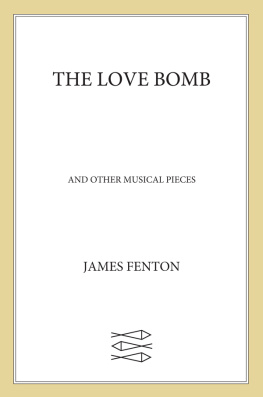

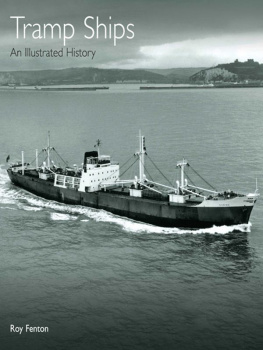
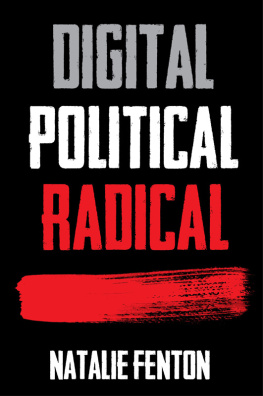

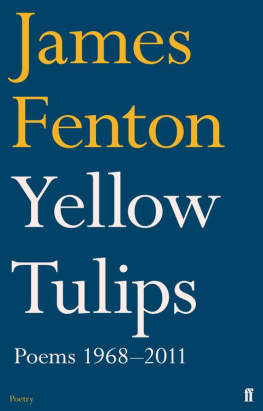


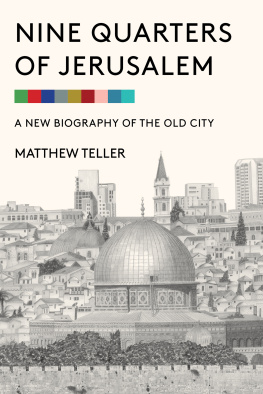
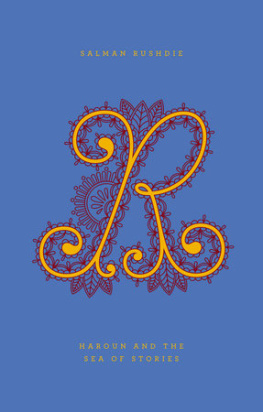
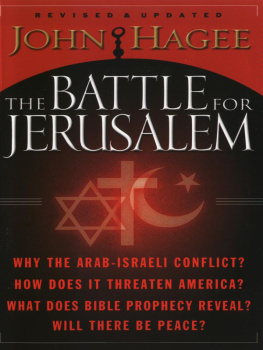
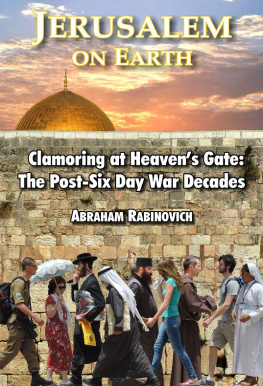
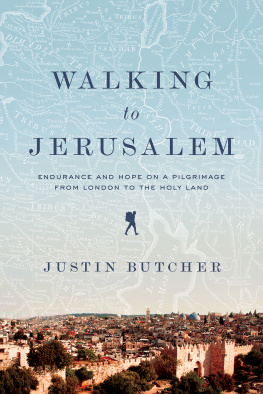
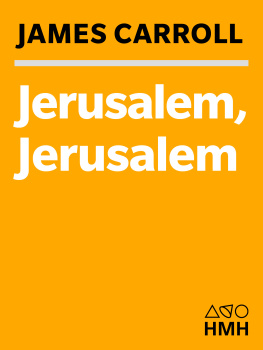
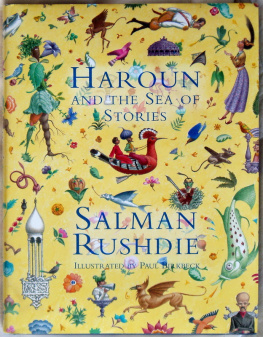

 Farrar, Straus and GirouxNew York The author and publisher have provided this e-book to you for your personal use only. You may not make this e-book publicly available in any way. Copyright infringement is against the law. If you believe the copy of this e-book you are reading infringes on the authors copyright, please notify the publisher at: http://us.macmillanusa.com/piracy. To Craig Raine It never seems to happen that a poet sits down and writes a libretto without first being commissioned. Perhaps we should make this happen.
Farrar, Straus and GirouxNew York The author and publisher have provided this e-book to you for your personal use only. You may not make this e-book publicly available in any way. Copyright infringement is against the law. If you believe the copy of this e-book you are reading infringes on the authors copyright, please notify the publisher at: http://us.macmillanusa.com/piracy. To Craig Raine It never seems to happen that a poet sits down and writes a libretto without first being commissioned. Perhaps we should make this happen.